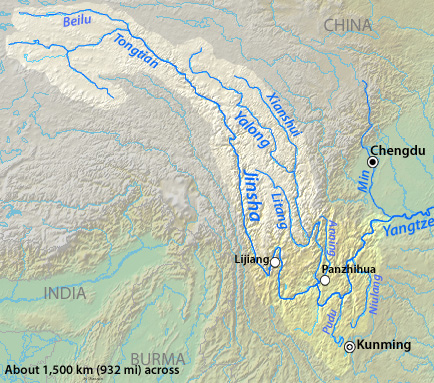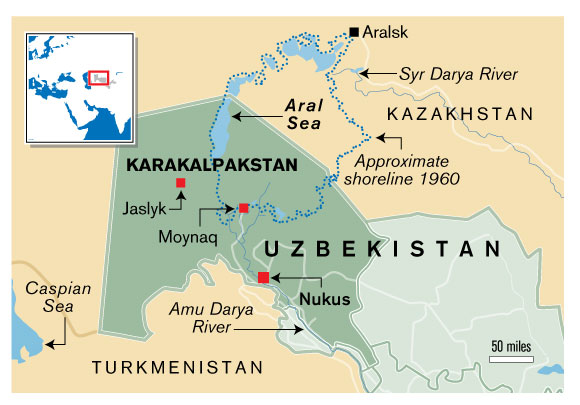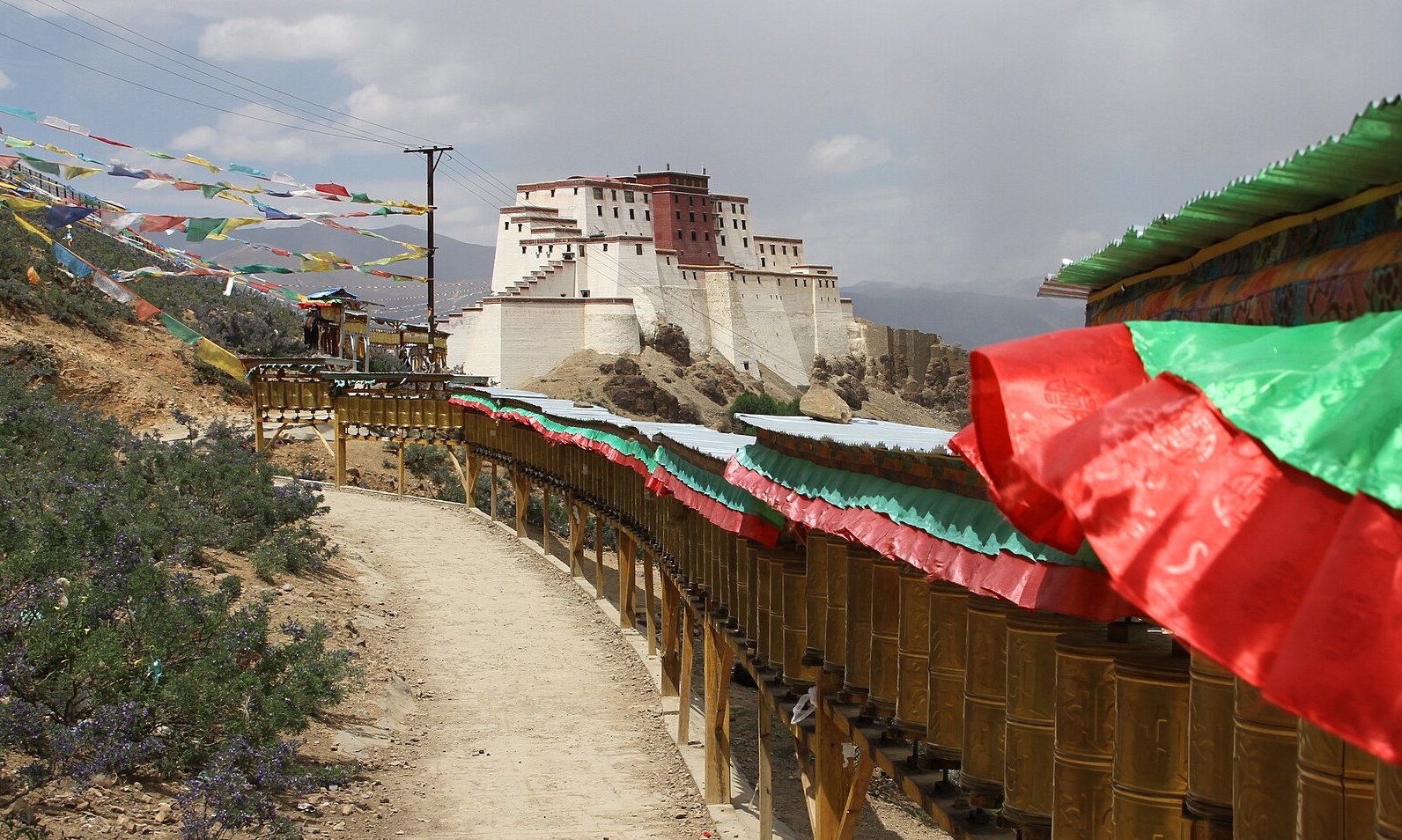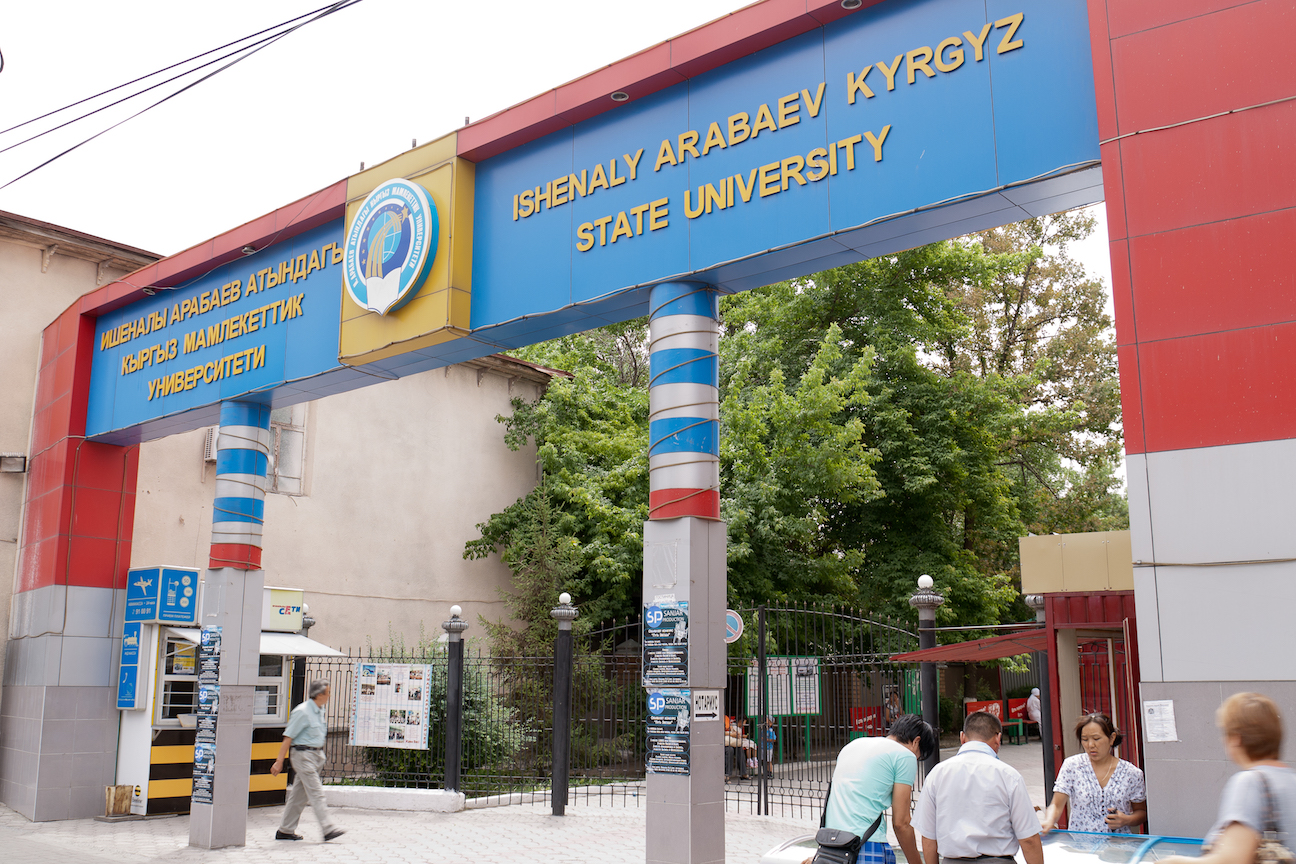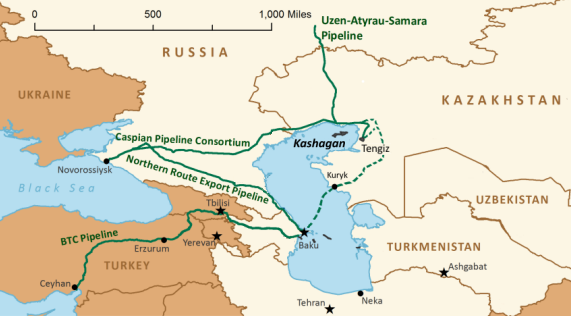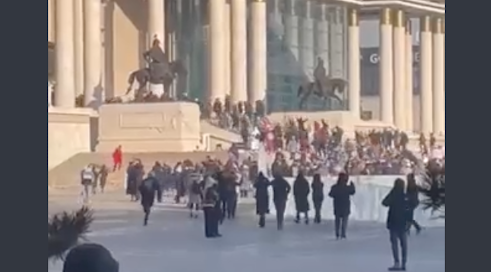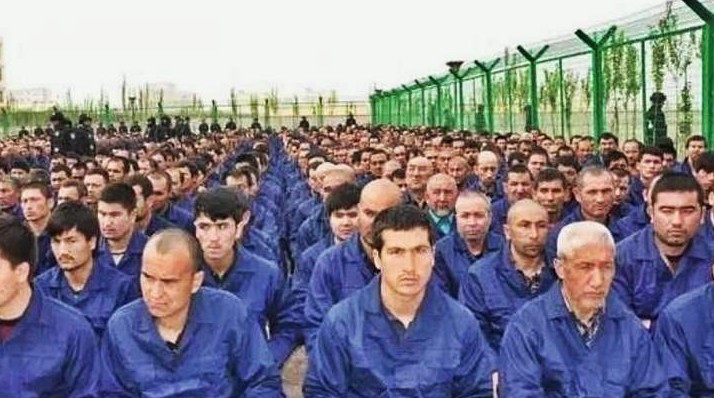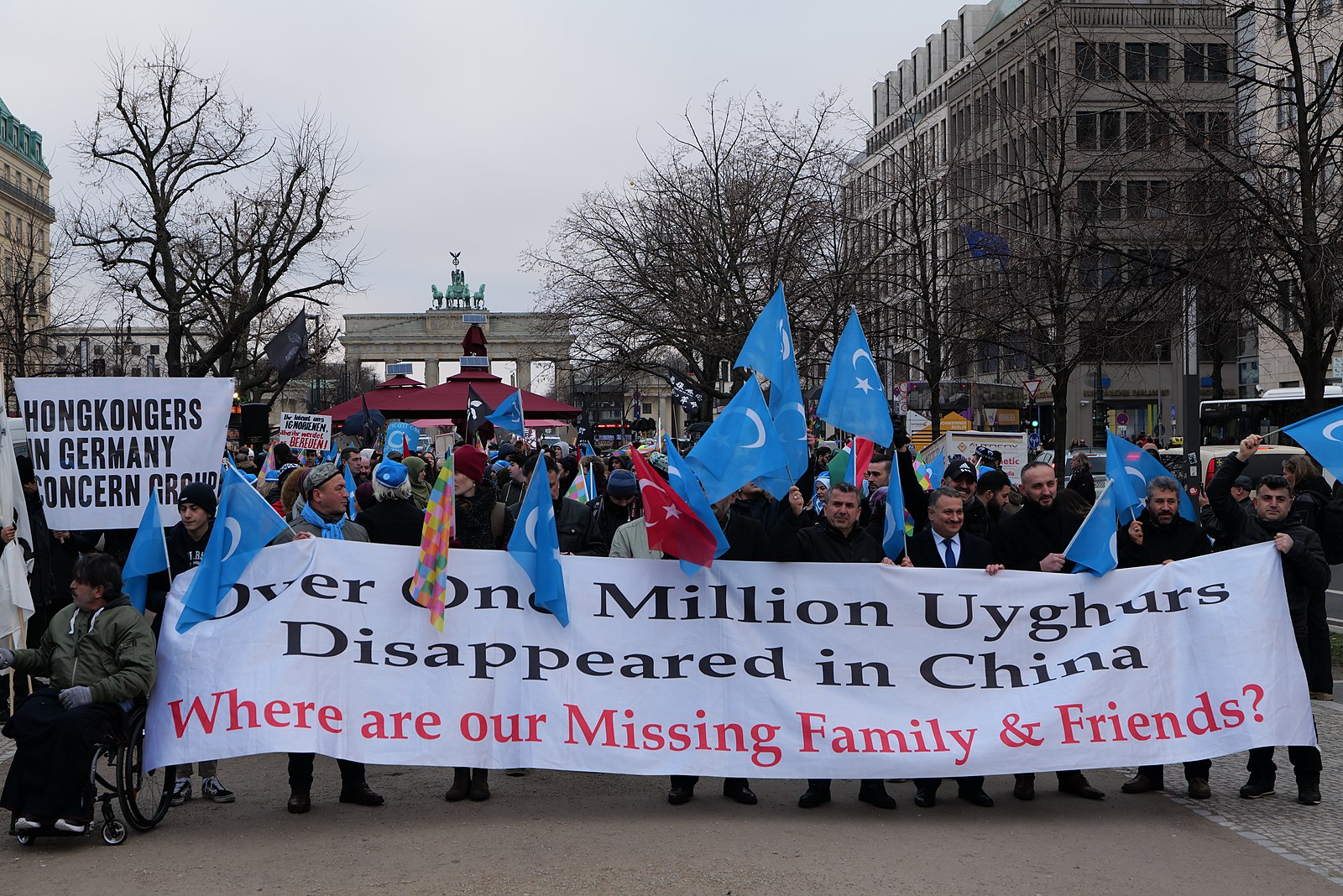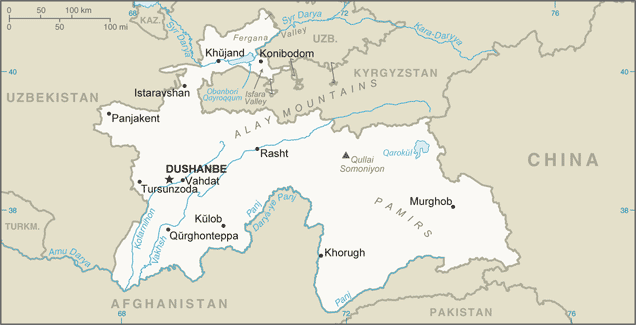
Tajikistan denies Moscow claim of mercenary recruitment
Tajikistan’s Foreign Ministry denied claims by Secretary of the Russian Security Council Nikolai Patrushev that Ukraine has been recruiting mercenaries for its military in the country’s territory. Patrushev charged that Kyiv’s embassy in Dushanbe, the Tajik capital, has been recruiting Tajikistan nationals to join the International Legion of the Ukrainian army, in return for a pathway to Ukrainian citizenship. The allegations come as relations between Tajikistan and Russia are under strain following the deadly attack on the Crocus Music Hall outside Moscow, which was claimed by ISIS. The four suspected gunmen arrested in Russia are said to be Tajikistan nationals, and nine others were detained in connection with the attack in Tajikistan. Some Russian officials have alleged that several of those involved in the attack were recruited through the Ukrainian embassy in Dushanbe. Ukraine has denied any involvement in the attack. (Map: CIA via PCL Map Collection)



